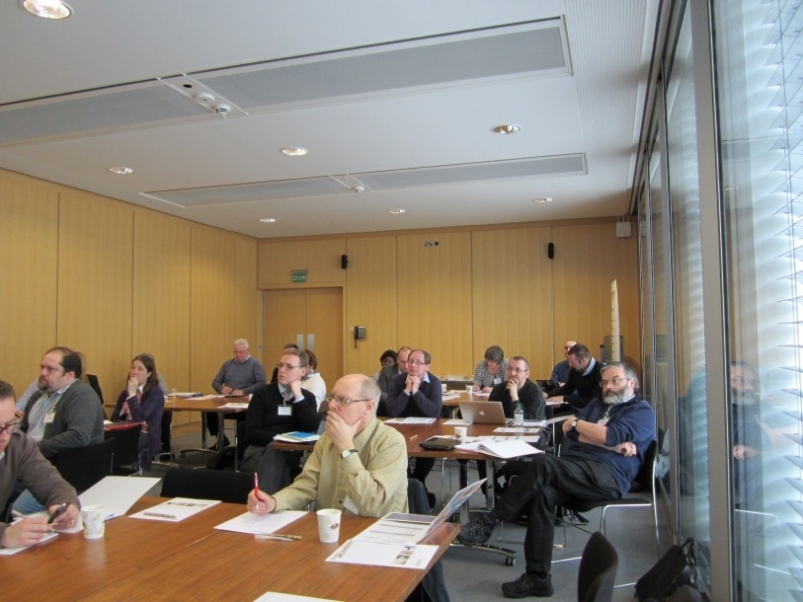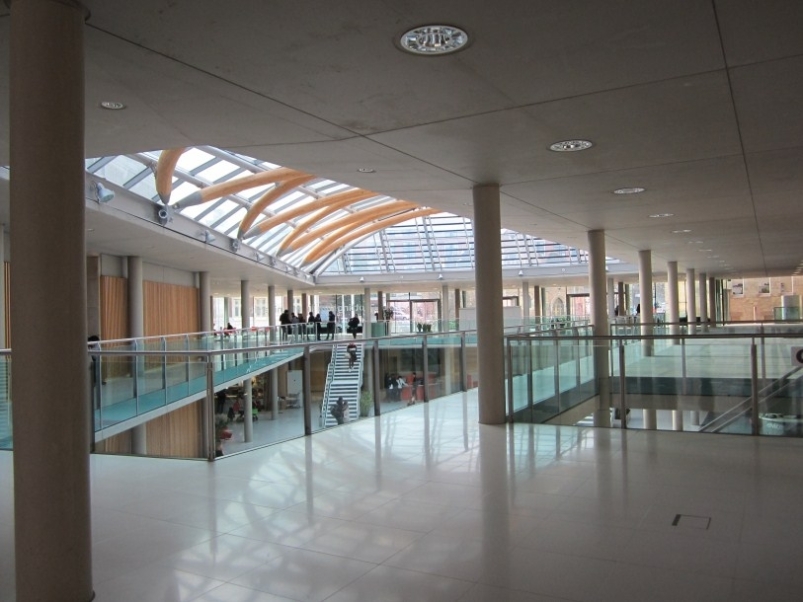Green mandates and gold choices
February 28, 2012 Leave a comment
My doctoral degree arrived by mail this past week in my office at the Centre for Research Communications, where I have been working for two months now as an Open Access Adviser for the Repositories Support Project (RSP). Thinking back of the whole PhD process I believe that one word describes every part of it well, the adverb “amazingly”! When you are a PhD student, first, you are amazingly poor; second, amazingly enough, you can survive without sleeping; and, third, conducting research and writing a dissertation about open access is amazingly interesting.
I started my PhD in September 2007 at the Graduate School of Library & Information Science, Simmons College, Boston, Massachusetts, a prestigious library school with a long history. My plan was to study the open-access movement with Associate Professor Robin Peek, an open-access advocate and one of the first signatories of the Budapest Open Access Initiative (BOAI).
The title of my dissertation is, “The Influence of the National Institutes of Health Public-Access Policy on the Publishing Habits of Principal Investigators“. The mandatory National Institutes of Health (NIH) public-access policy requires that the NIH-funded principal investigators (PIs) submit to PubMed Central (PMC) immediately upon publication the peer-reviewed copy of their article, which will then become available for public access through PMC no later than after a twelve-month embargo period. The policy has been effective since April 7th, 2008 (Division G, Title II, Section 218 of PL 110-161 Consolidated Appropriations Act, 2008).
The purpose of this dissertation was to investigate the effect of the NIH public-access policy on the NIH-funded principal investigators’ publishing decisions.

